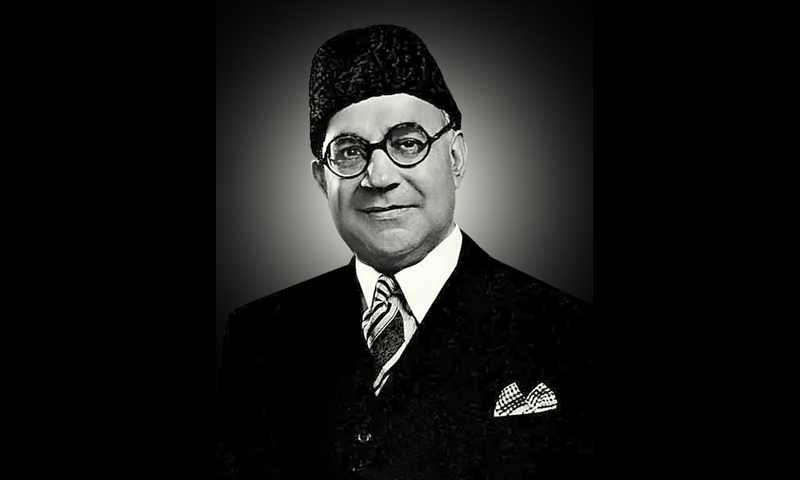Liaquat Ali Khan: A Founding Father Who Guided Pakistanâs Early Development
Liaquat Ali Khan played a crucial role in shaping Pakistan’s early political landscape. As the first Prime Minister, his vision helped establish the foundations for a stable and democratic Pakistan. Therefore, his leadership continues to inspire the nation’s political discourse today.
For more about Liaquat Ali Khan’s early life, visit Britannica’s biography of Liaquat Ali Khan.
Early Life and Education
Born on October 1, 1896, in Karnal (now part of India), Khan came from an educated family that valued knowledge. Afterward, he pursued higher education at Aligarh University, followed by Oxford University in England. There, he was exposed to Western political thought, which would later influence his future leadership.
Political Journey and Role in Pakistan’s Creation
In the 1920s, Khan joined the All-India Muslim League, supporting Muhammad Ali Jinnah’s movement for a separate nation for Muslims. Consequently, following Pakistan’s independence in 1947, he became its first Prime Minister. Khan worked tirelessly to establish a solid political foundation, emphasizing economic growth, national security, and foreign relations.
To learn more about the creation of Pakistan and the leadership of Jinnah and Khan, visit History.comâs article on Pakistan.
Contributions to Political and Economic Development
During his tenure, Khan introduced various policies aimed at improving Pakistan’s social welfare and economic systems. For example, his government focused on education, scientific development, and the countryâs infrastructure. Furthermore, Khan sought to position Pakistan as a key player in the Cold War, forging important diplomatic ties with the West.
The Tragic Assassination of Liaquat Ali Khan
On October 16, 1951, Liaquat Ali Khan was assassinated while speaking at a public rally in Rawalpindi. His death shocked the nation and remains one of Pakistan’s most significant unsolved mysteries. As a result, the tragedy left a political vacuum that impacted the nation’s leadership for years to come.
For more information about this tragic event, read an in-depth analysis on Dawn’s article on his assassination.
Liaquat Ali Khanâs Enduring Legacy
Although his life was cut short, Liaquat Ali Khanâs contributions to the country’s political and social development continue to influence Pakistan’s growth. His efforts to promote peace, democracy, and national unity remain pillars of Pakistanâs political vision.
Conclusion
Liaquat Ali Khanâs leadership played a pivotal role in Pakistanâs early years, laying the groundwork for the nationâs future growth. Today, his legacy continues to serve as a guiding principle for Pakistanâs political evolution, emphasizing the importance of strong leadership during times of change.
For more on Pakistanâs early political history, consider exploring the Constitution of Pakistan.
